01:26
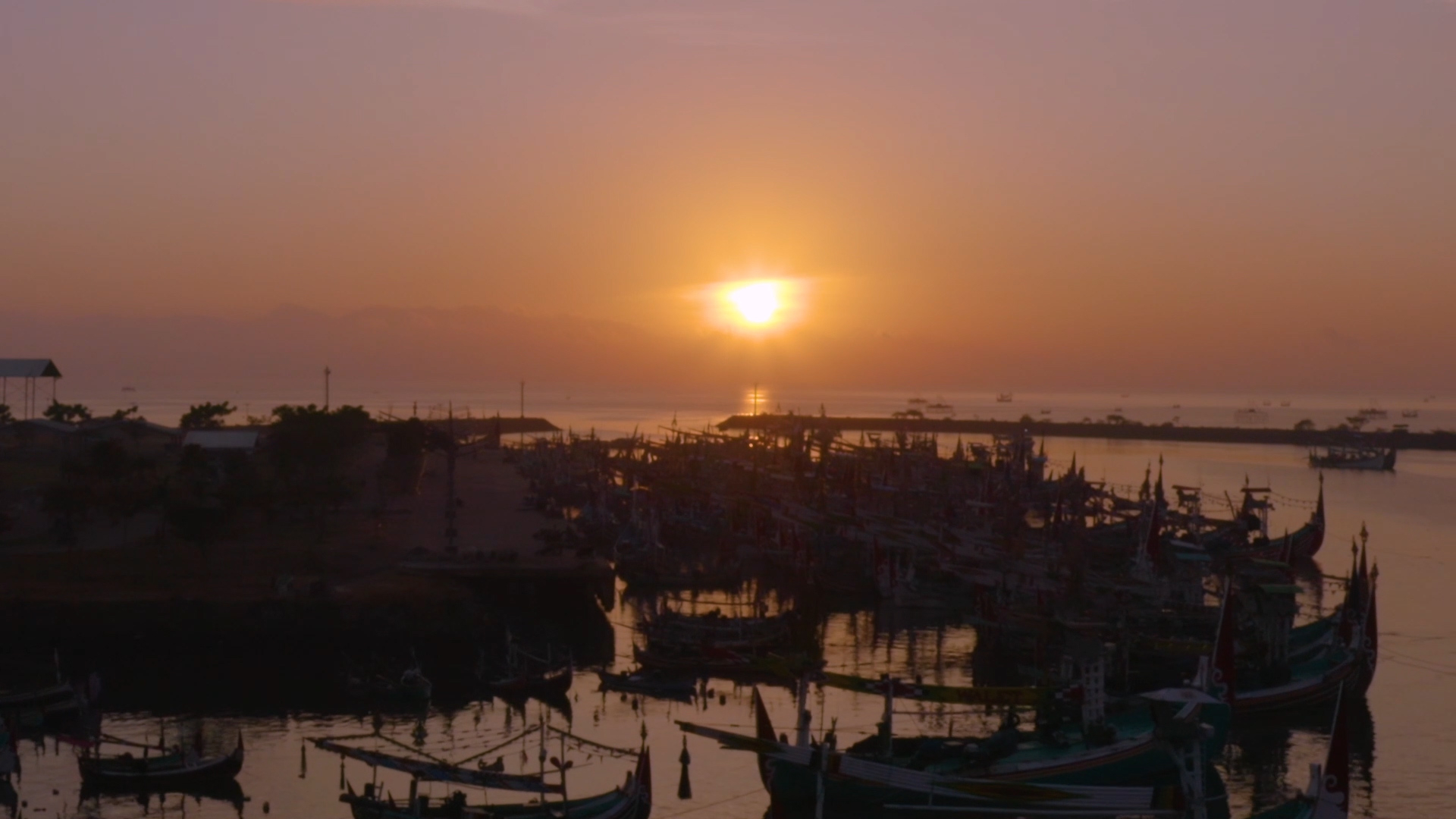
From afar, Indonesia's coastal town of Muncar looks like a bustling fishing port, with balmy beaches and fishing boats.
But a closer look reveals that it's not sand covering the beach; it's a thick layer of plastic trash.
Most fishing boats have been abandoned.
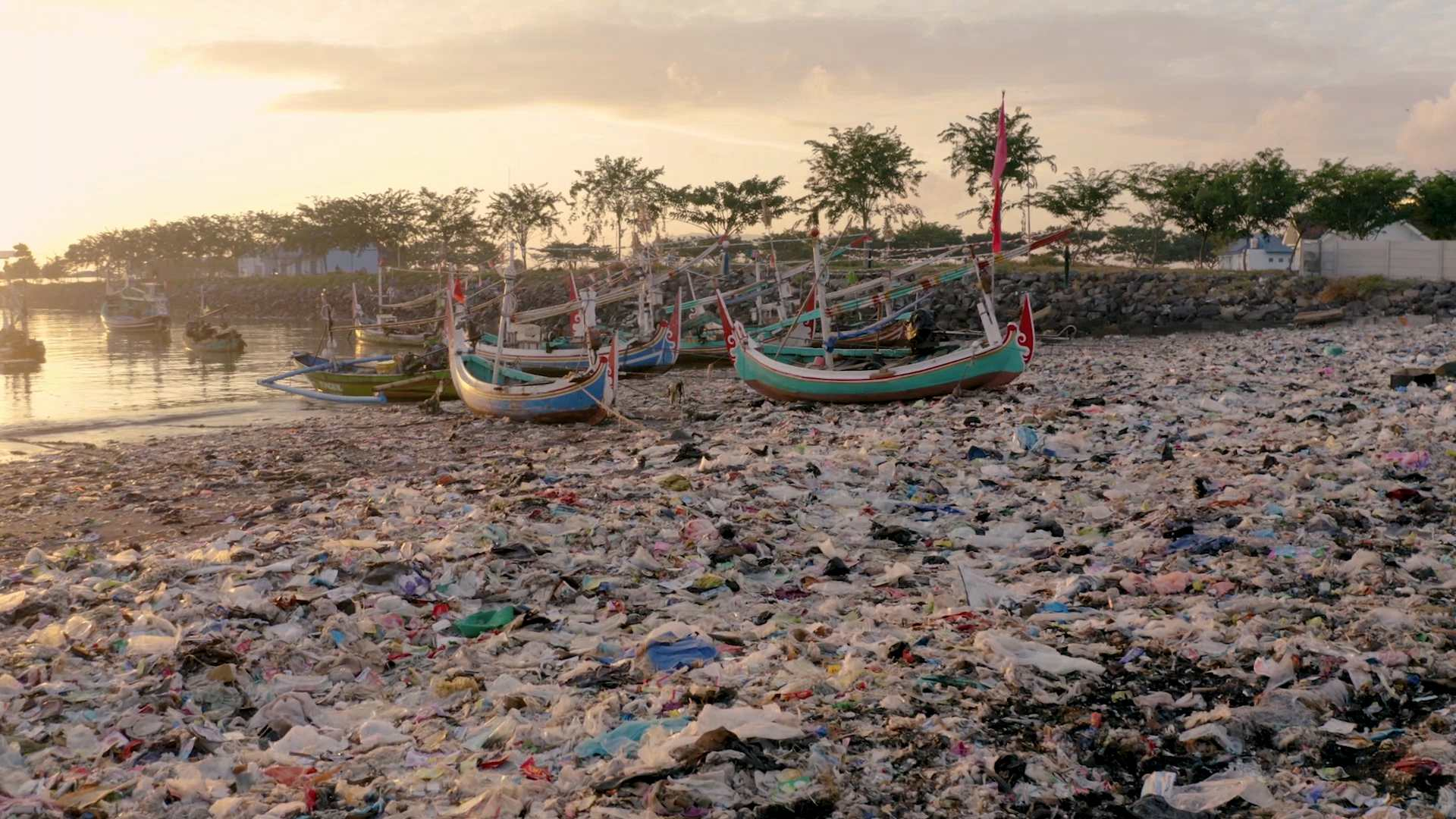
Many local fishermen have moved away, leaving their boats behind. /CGTN Photo
Many local fishermen have moved away, leaving their boats behind. /CGTN Photo
"Before we could still see the sand, and in the afternoon we would go fishing. And then we'd play football. But now we can't because there's so much rubbish," said Imam Wahyu Utomo, a fisherman who has lived next to the beach his entire life.
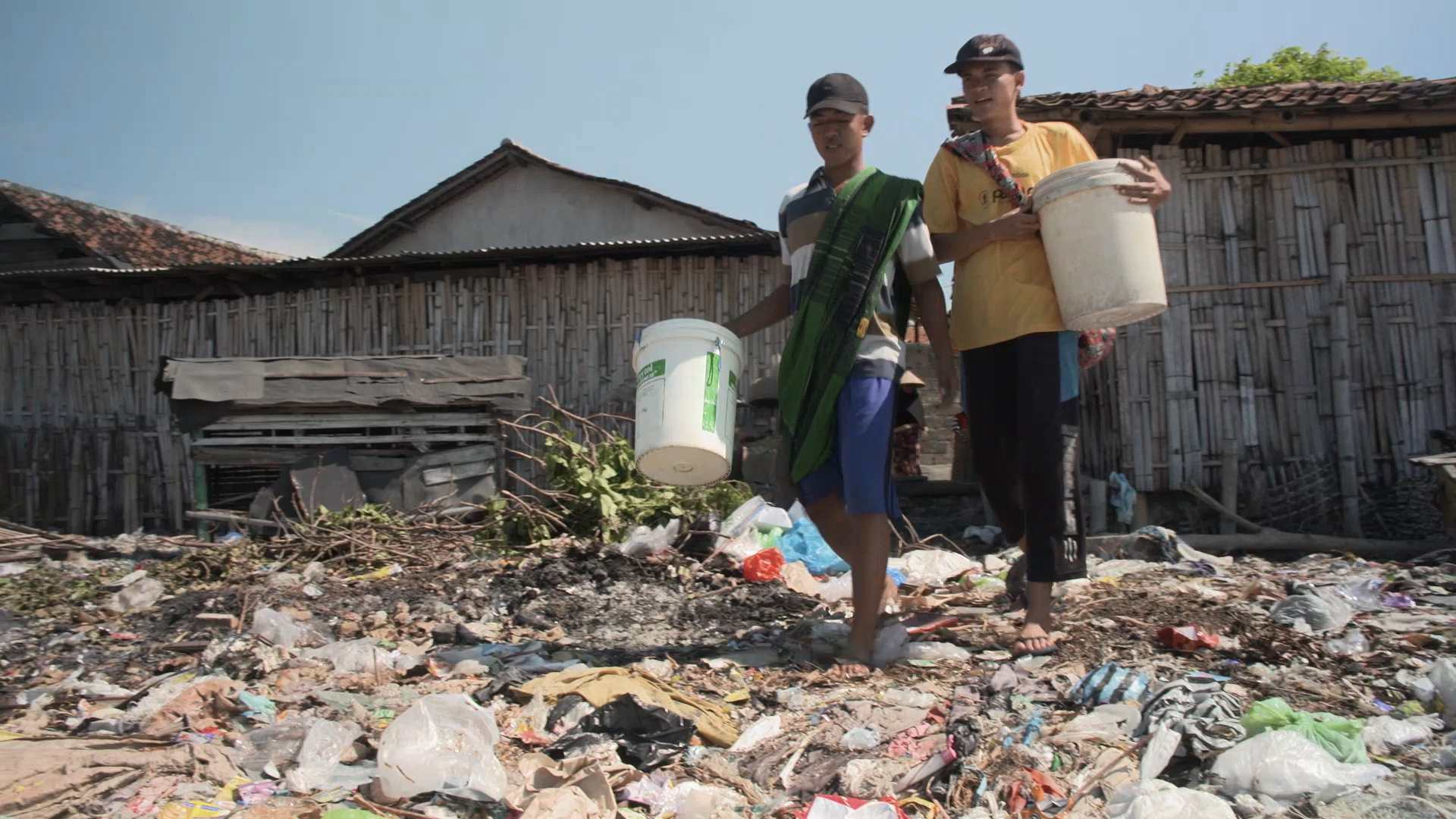
According to Utomo, the plastic takeover has worsened in the last decade. /CGTN Photo
According to Utomo, the plastic takeover has worsened in the last decade. /CGTN Photo
Authorities estimate that around 48 tons, or 24 busloads, of rubbish is washed up on Muncar's shores every day, carried in by rivers and the tide.
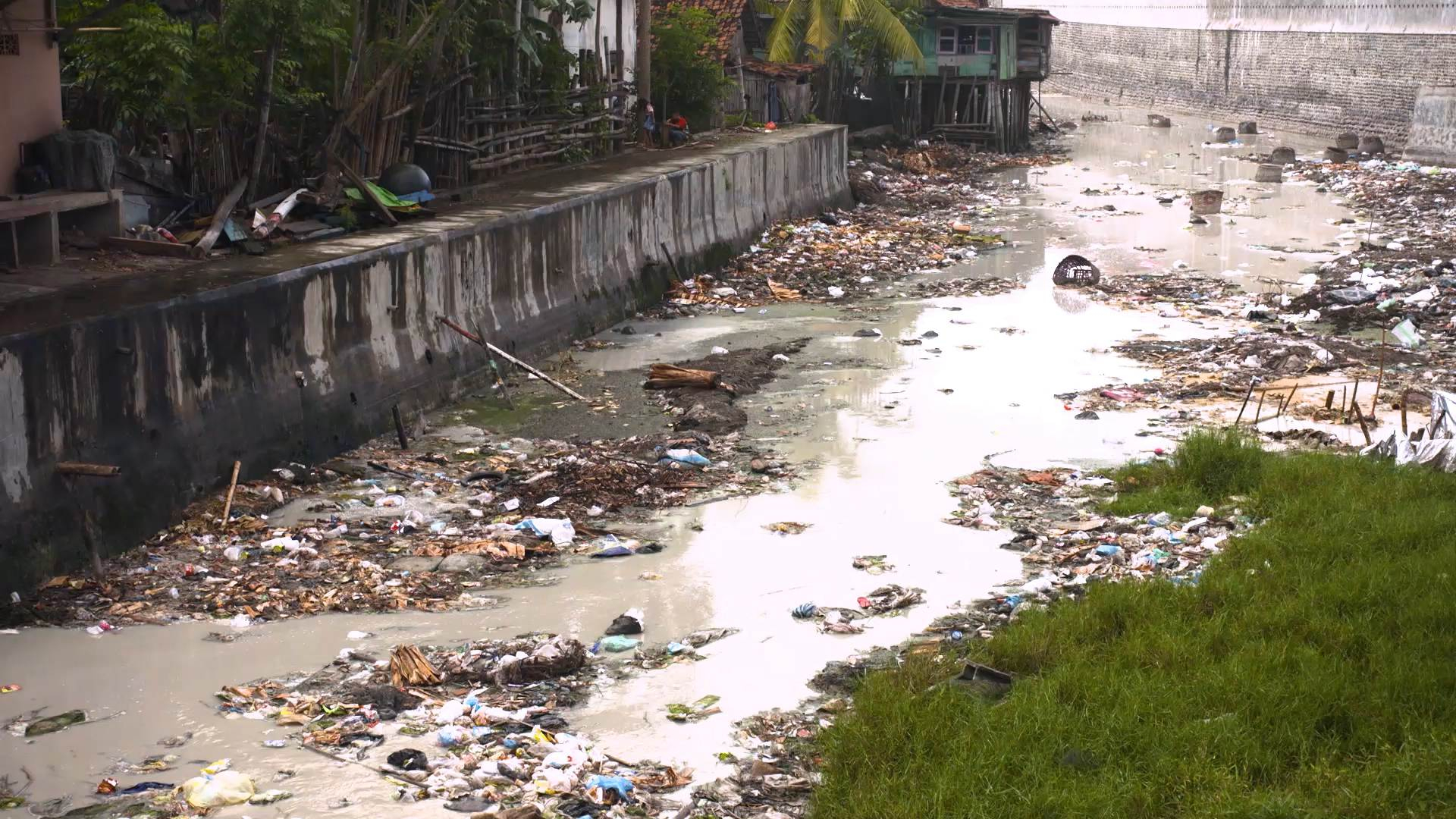
The polluted rivers that flow from inland. /CGTN Photo
The polluted rivers that flow from inland. /CGTN Photo
Muncar used to be one of Indonesia's biggest and busiest fishing ports, but many fishermen have abandoned their nets in recent years due to dwindling fish stocks.
Utomo believes that the biggest culprit is plastic pollution.
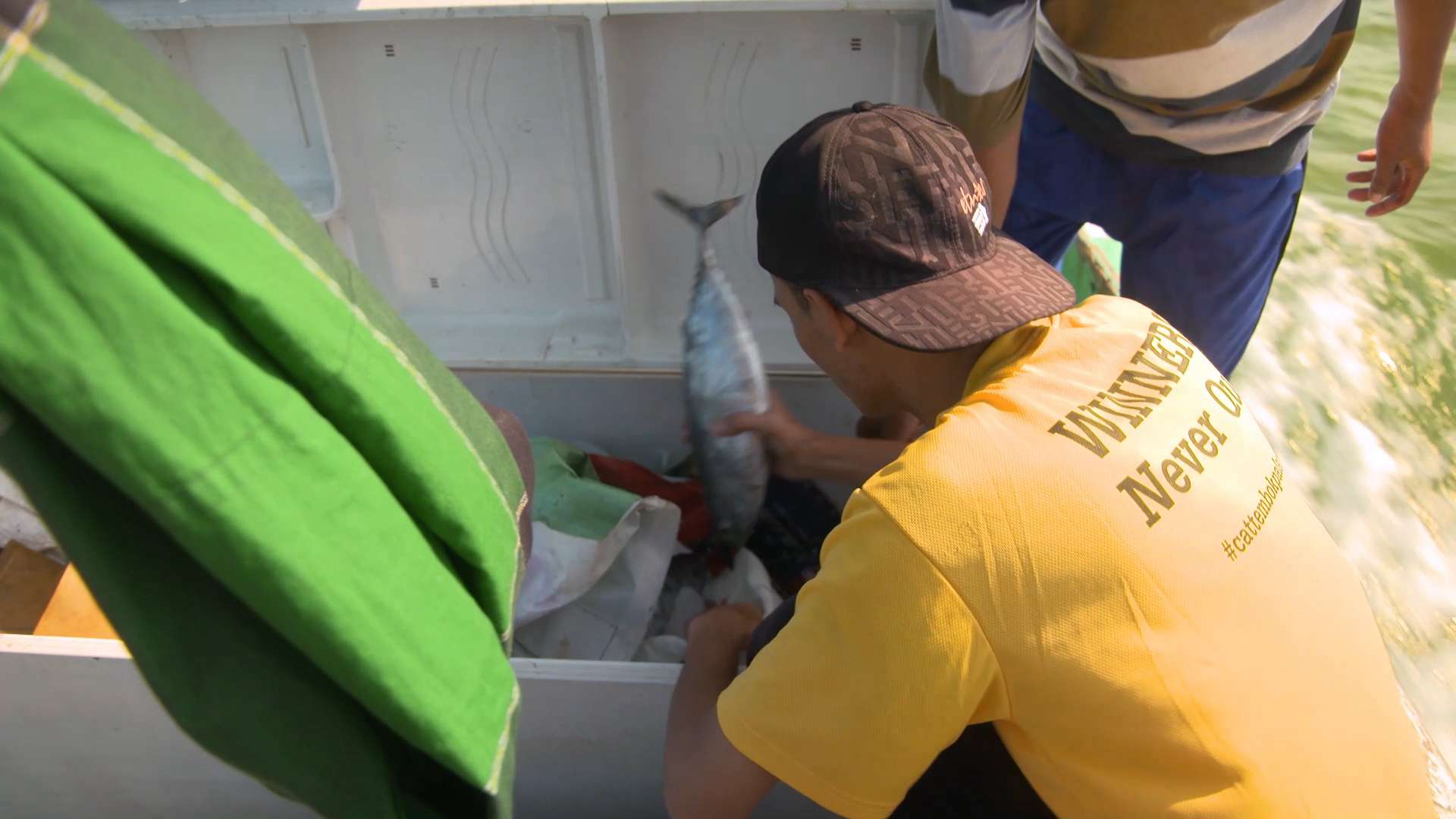
Utomo now has to sail further offshore, sometimes for days on end, to get a decent catch. /CGTN Photo
Utomo now has to sail further offshore, sometimes for days on end, to get a decent catch. /CGTN Photo
He said: "Before it used to be like harvest time every day. Now, it's like a famine. When we cut open the fish, we find small pieces of plastic waste inside."
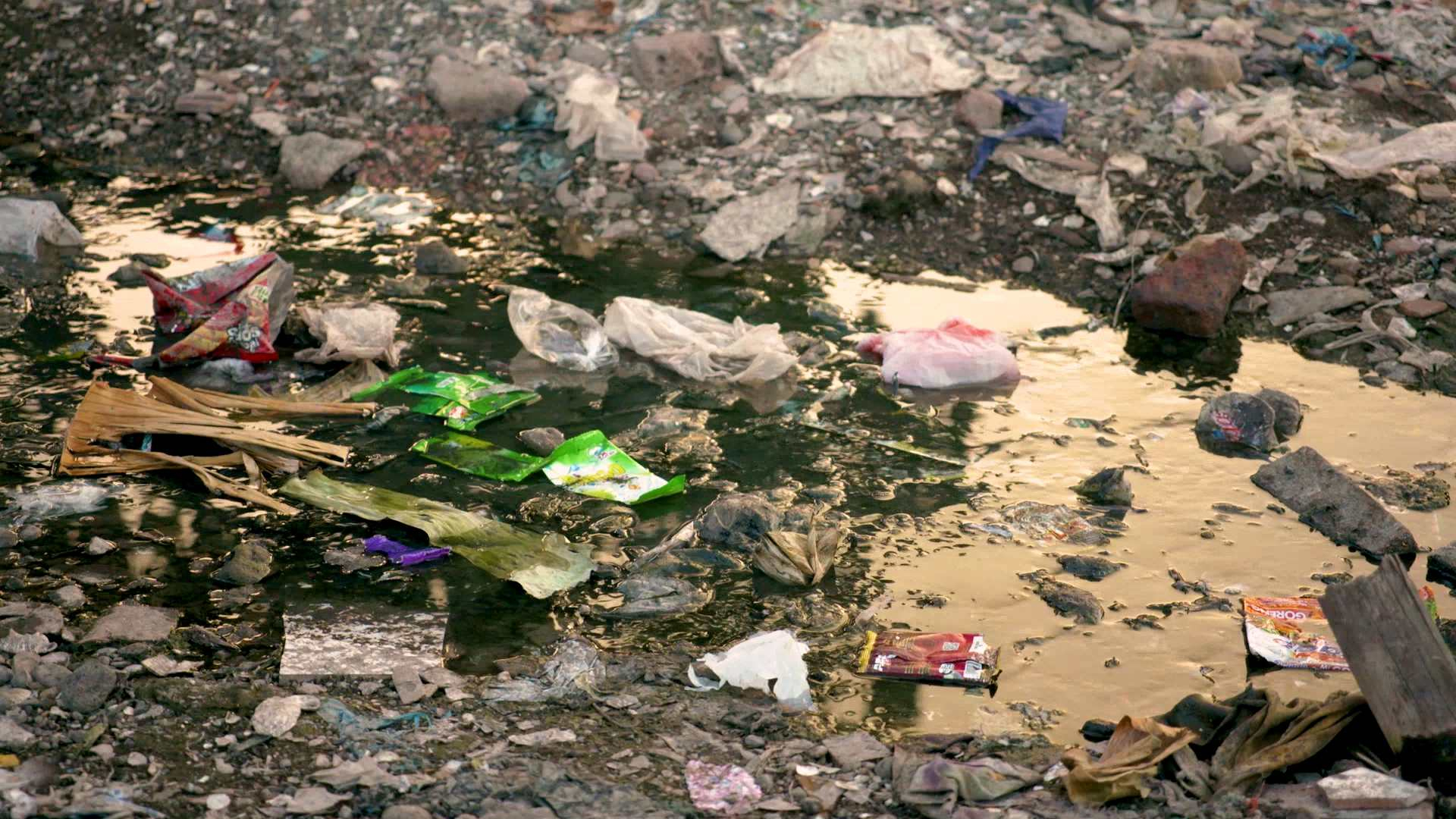
Filthy water forming pools, on a beach strewn with plastic waste, are potential health hazards. /CGTN Photo
Filthy water forming pools, on a beach strewn with plastic waste, are potential health hazards. /CGTN Photo
Dr Ferdaus, a senior doctor at the local hospital, said the waste on the beach causes water to stagnate, causing itchiness and diarrhea in those who come into contact with it. These are common health issues for people living in Muncar, who get their water from sources near the beach.
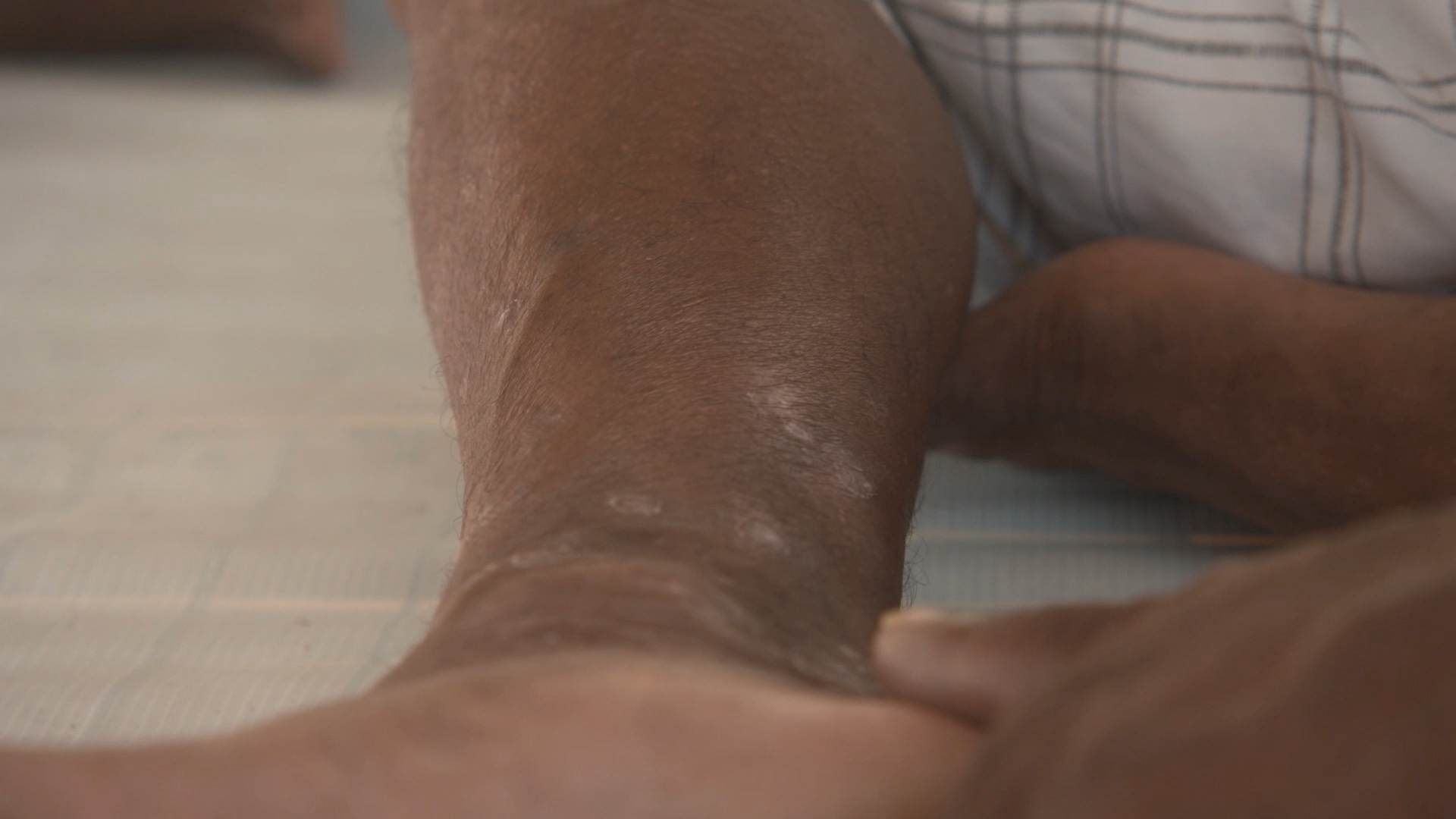
Lesions on the arms and legs of locals who get their water from the wells nearby, and from the beach. /CGTN Photo
Lesions on the arms and legs of locals who get their water from the wells nearby, and from the beach. /CGTN Photo
He is also seeing more cases of bowel cancer, but he stopped short of linking these illnesses directly to plastic pollution as little research has been done on the impact of plastic pollution on human health.
According to Dr Philipp Schwabl, a gastroenterologist from the Medical University of Vienna, there are few studies on the medical effects of plastic pollution, as "there are so many types of plastics, additives and other possible pollutants that each one would have to be tested on humans to test just how poisonous they are."
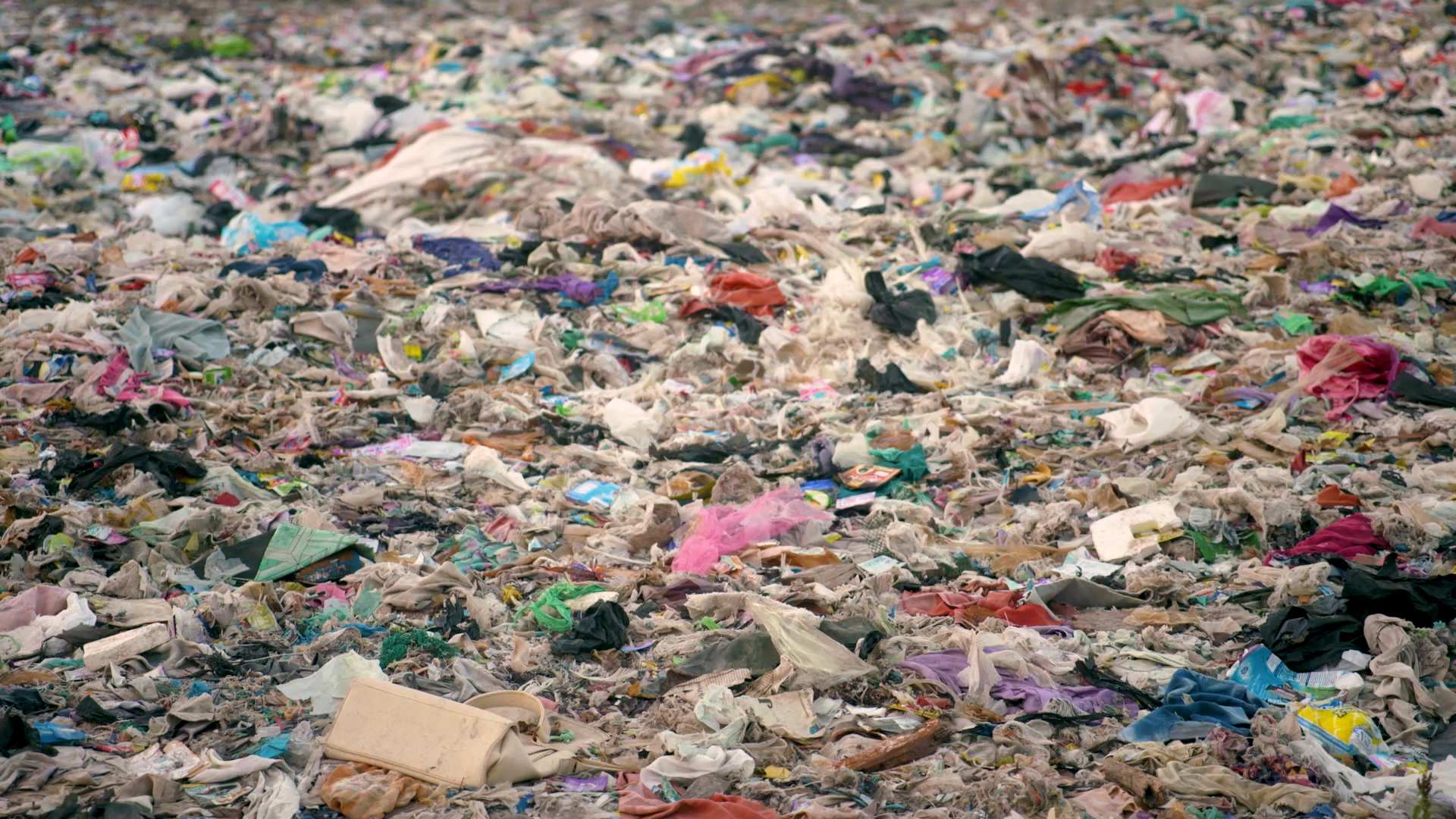
The different types of plastic waste found on the beach. /CGTN Photo
The different types of plastic waste found on the beach. /CGTN Photo
Assignment Asia is CGTN's award-winning current affairs program featuring long-form stories and documentaries on some of the most pressing issues in the region. The show airs Saturdays at 1330 and 2130 GMT, with replays every Sunday at 0630, Monday at 0130, and Tuesday at 0530.